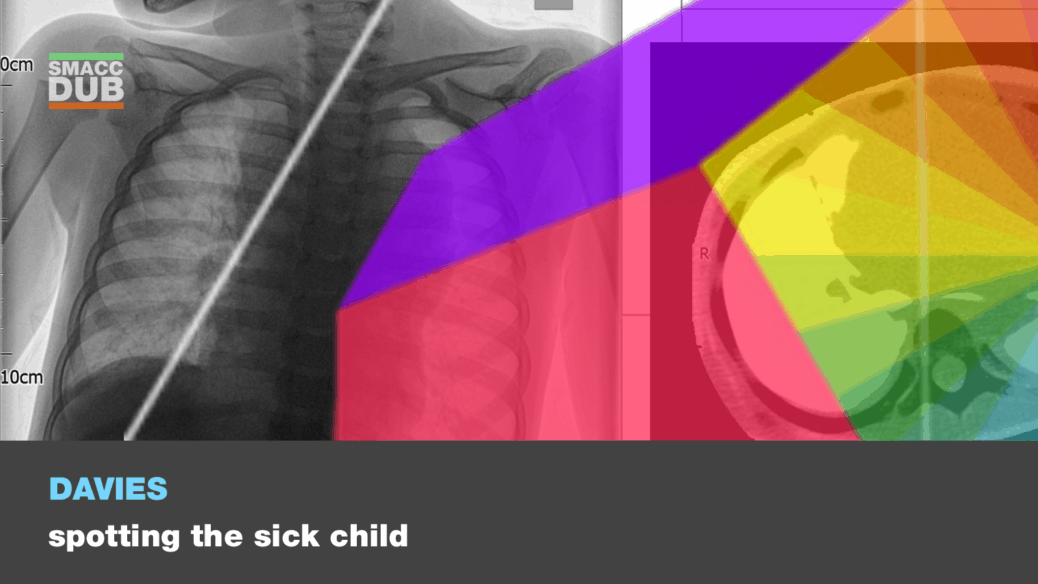Reflecting on 26 years of frontline practice in paediatric emergency care: while there’s no substitute for knowledge and experience, I can see some common themes to failing to spot a sick child. By sick, I mean injuries and illness that need hospital attention or hospitalisation. This talk tries to draw from all those errors I’ve both made and seen, into a couple of easy-to-apply mantras.
Physiology matters. It really does. Scrutinising a full set of observations/vitals (in the context of the child’s age) will help avoid our feared crime: discharging a sick child. And how to deal with fever, as a confounding factor.
Psychology matters. It really does. Talks on PEM are always popular because as EM physicians, we’re insecure about mismanaging a child. Are children precious? Are adults just big children? Therein lies the problem. Less knowledge, less experience, less confidence? Yes? Then there’s less Type 1 thinking.
We’ll talk about the risks in needing to rely more upon Type 2 thinking. How to deal with the time-poor resuscitation situation. How to avoid denial. What makes some staff be over-confident with children (hint – type 2 thinking is hard work!). What stops us applying our usual filters (eg risk stratification).
Finally, I can signpost more specific help with developing your PEM skills, which can be found at www.spottingthesickchild.com , an eLearning package containing hours of videos of real-life cases, endorsed by the NHS in the UK, and https://www.youtube.com/watch?v=N35J3NLJW_s , a 10-minute podcast also endorsed by the NHS.

























